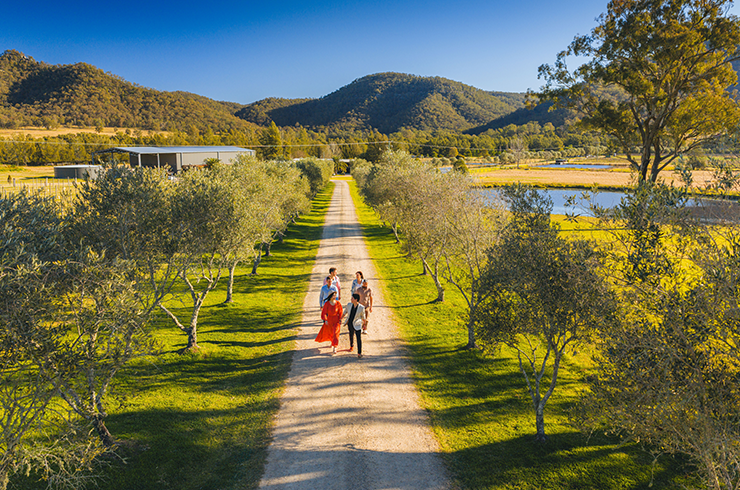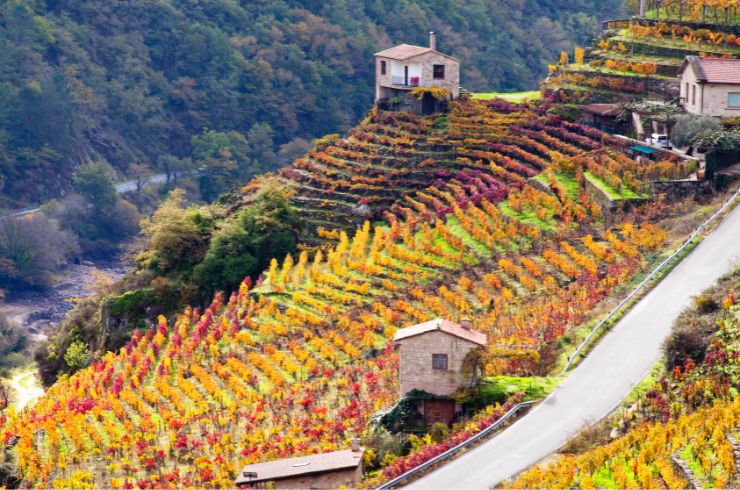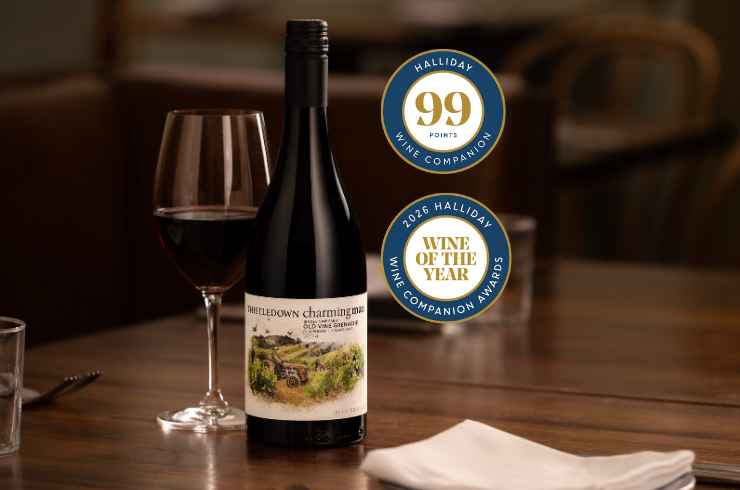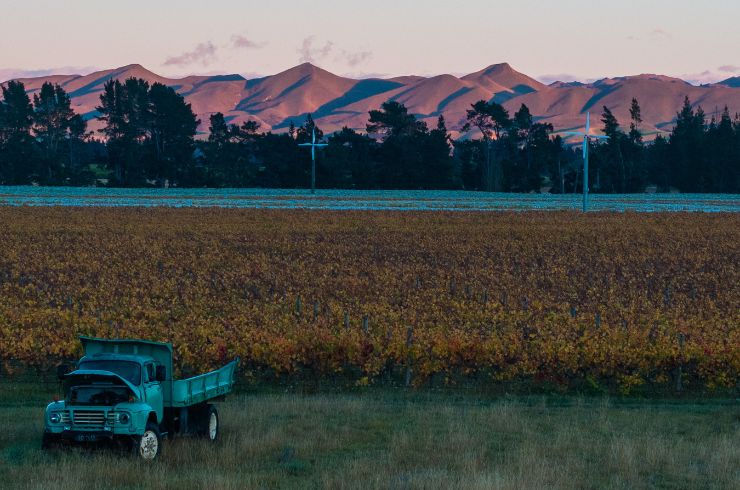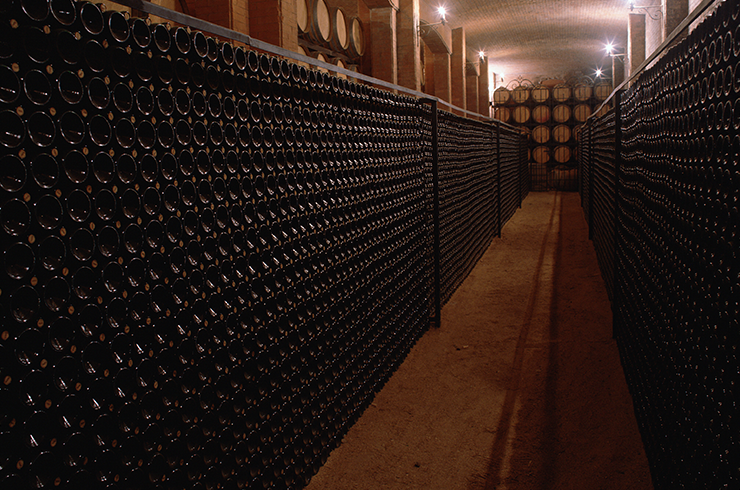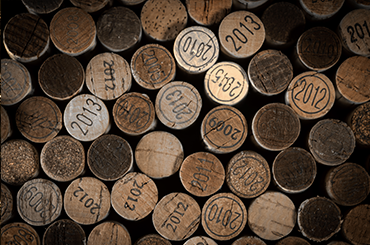Have you ever heard the term 'birth-year wine' and wondered what it was? Is it a wine from the year you were born? What kind of wine should you choose? How long do you cellar it for?
How to choose a birth-year wine
Whether you're looking for advice on buying birth-year wines for a newborn to crack on a milestone birthday in the distant future or, more importantly, for you to drink to celebrate their coming of age, you've come to the right place. Buying a birth-year wine is a great gesture when you get it right, but could prove a costly error if you get it wrong. Here are 10 tips to improve your chances.
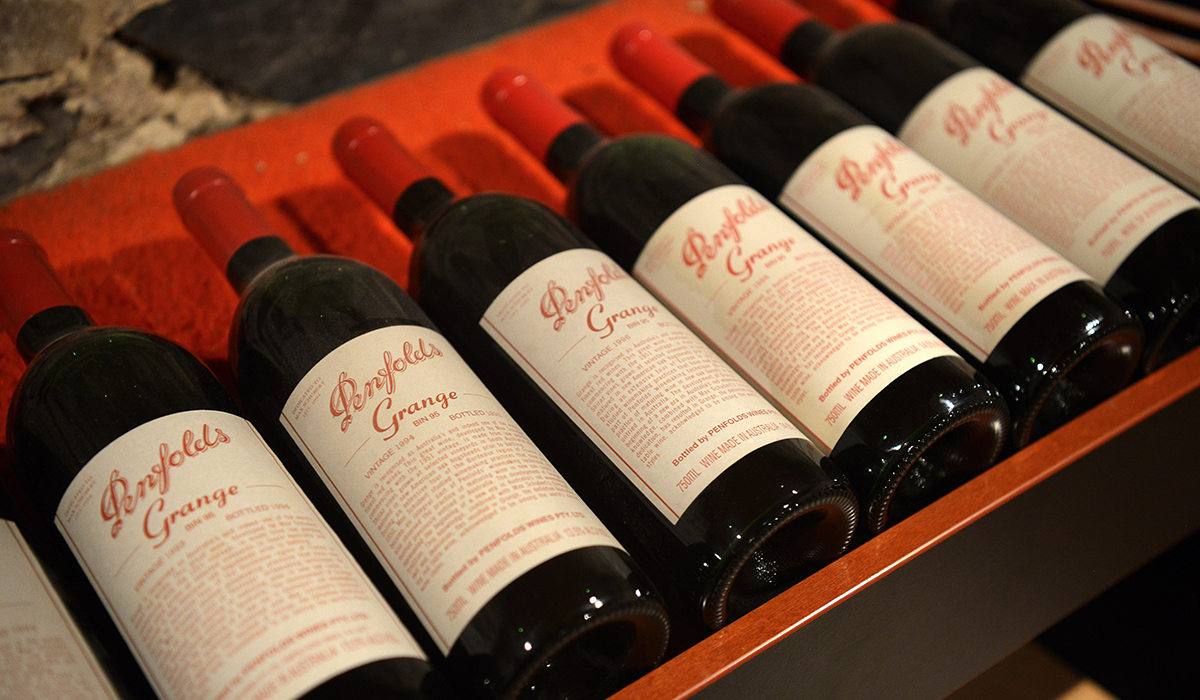
Select a wine to cellar
The best wines to cellar for birth-year milestones
Which regions produce the best wines to cellar?
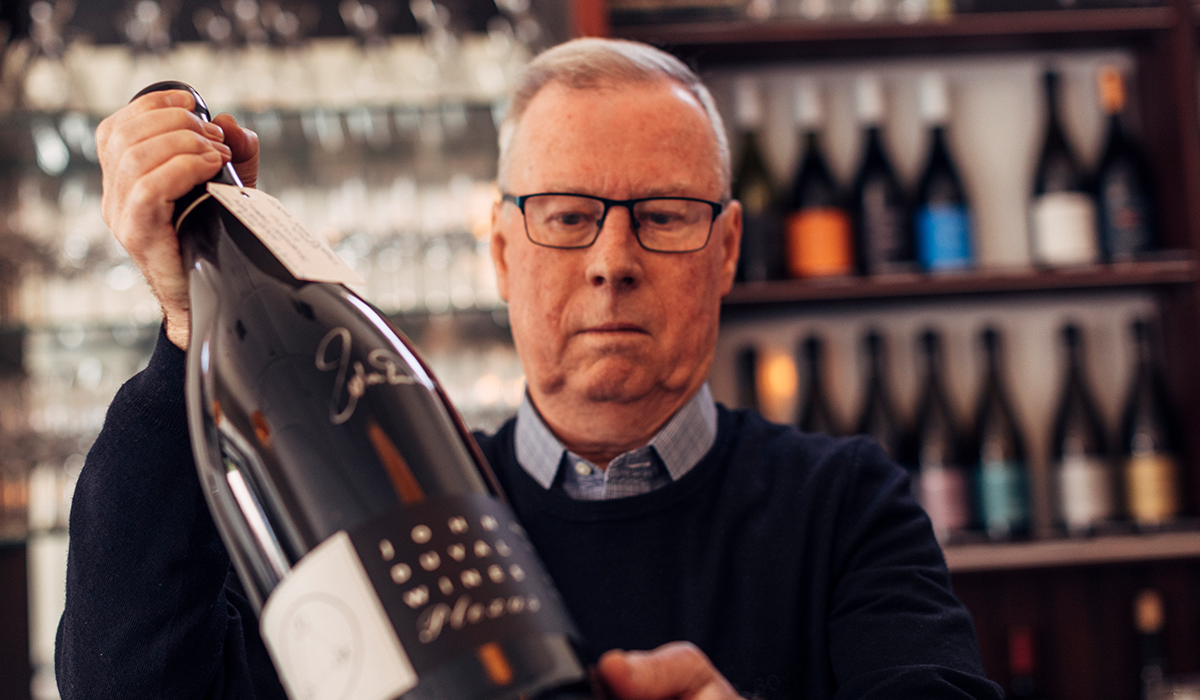
Which vintage is best for a birth-year wine?
Set yourself a calendar reminder
Buy a bottle on its release
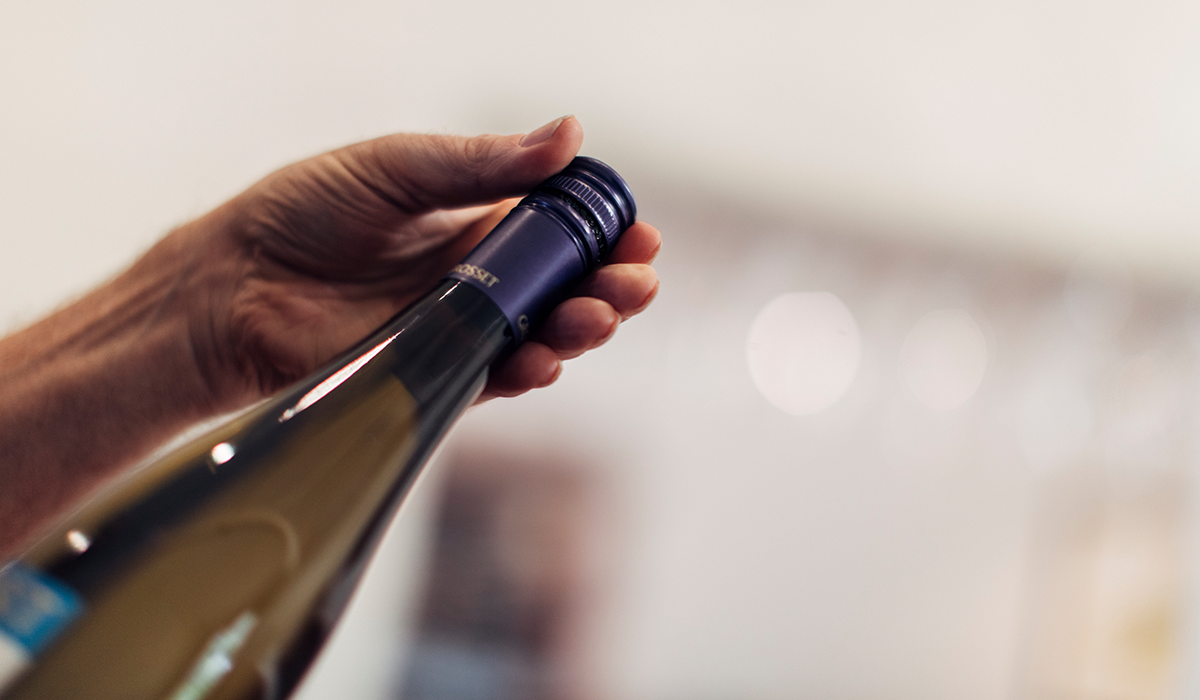
Buy a magnum or a larger bottle
Which will age better – wines under cork or screwcap?
How much money should I spend on a birth-year wine?
How to store a birth-year wine
Expand your knowledge with Halliday Wine Academy
Halliday Wine Academy offers an in-depth view of the Australian and international wine landscapes. Select Introduction to Wine to learn about Australian wine and regions or choose Wines of the World (part one) to get to know international wines.Through Introduction to Wine, students will learn about Australian wine and wine regions, how wine is made, how to taste and describe wine, how to approach food and wine matches, along with handy tips that address common wine questions. And in part one of our Wines of the World course, discover and explore the iconic wines, regions and laws of France, Spain, Portugal, Hungary, Germany and Austria.
Part of this article was written by Tyson Stelzer.
Image credit: Wine Australia/Andy Nowell.
Latest Articles
-
Travel
A Little Bit of Broke 2026: the roaming wine festival to book now
13 hours ago -
Travel
A Spanish revolution: 12 wines that highlight the country's exciting offshore wine scene
1 day ago -
Events
Halliday-wines-at-AAMI-Park
1 day ago -
Travel
How to spend 48 hours in New Zealand's Christchurch
1 day ago
